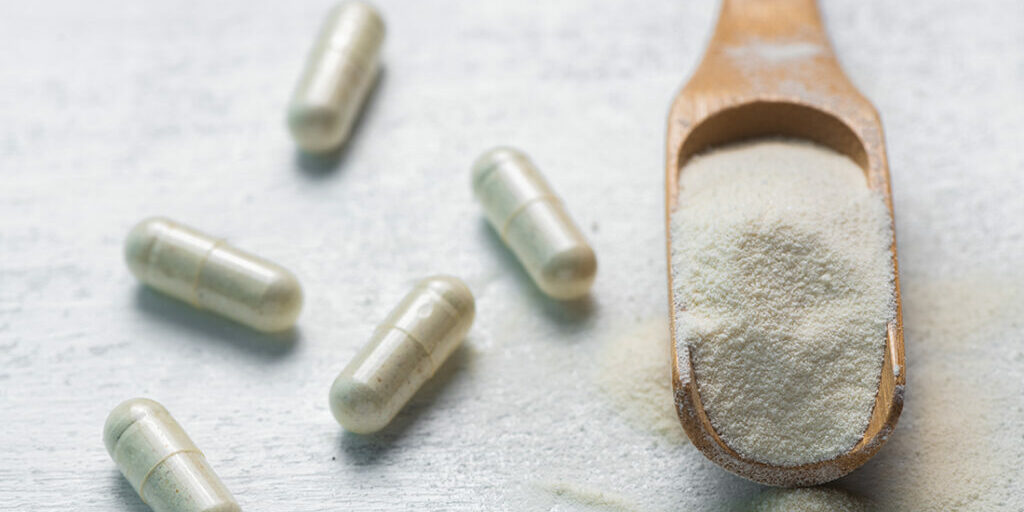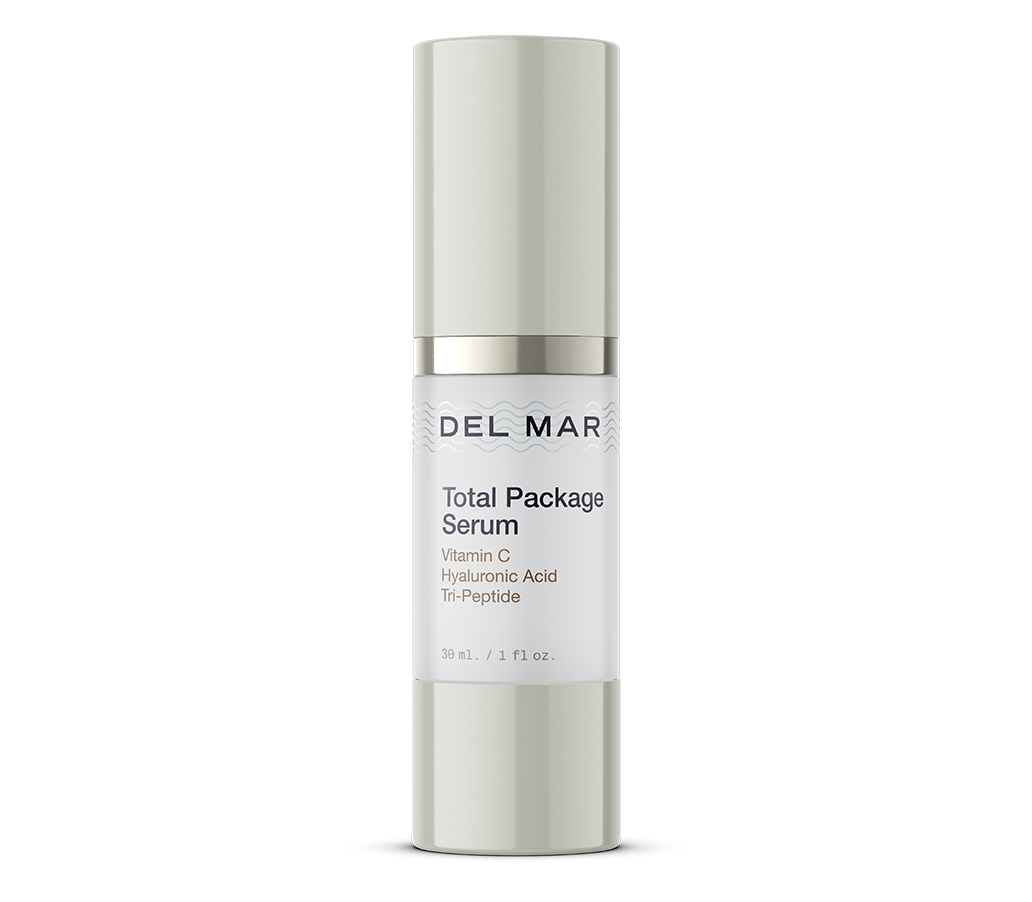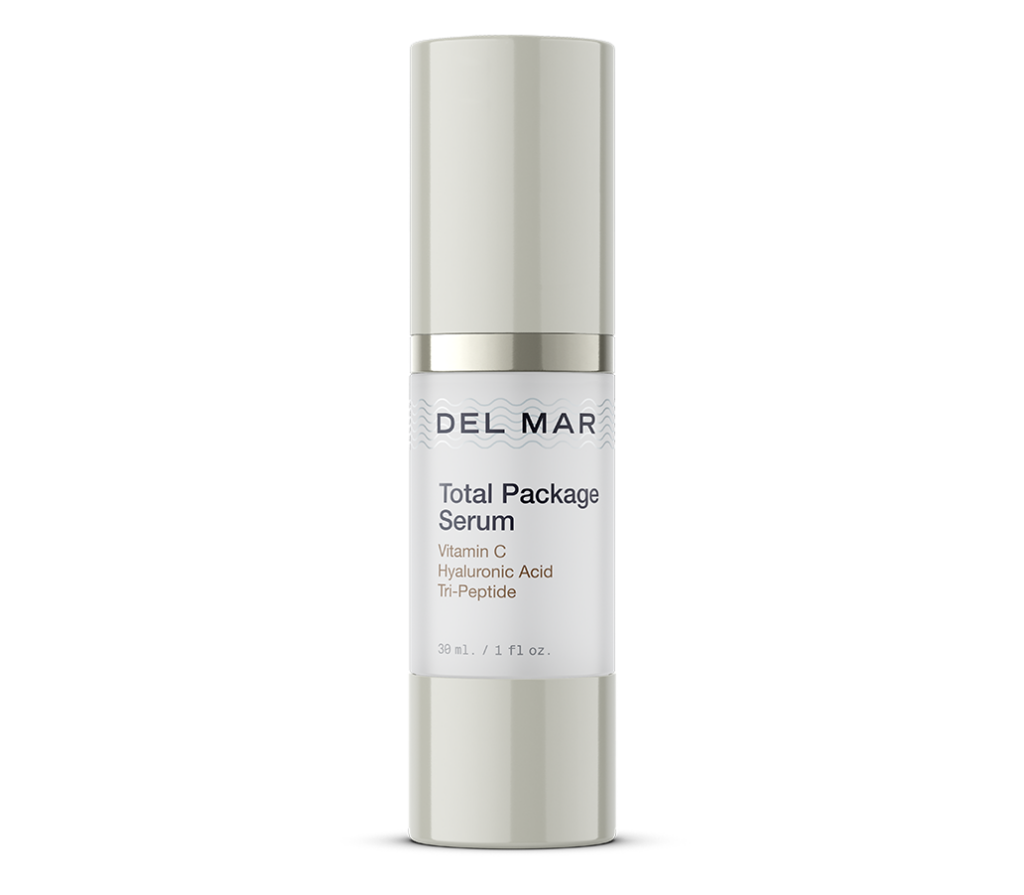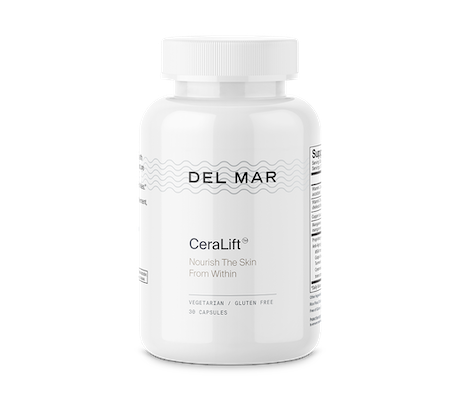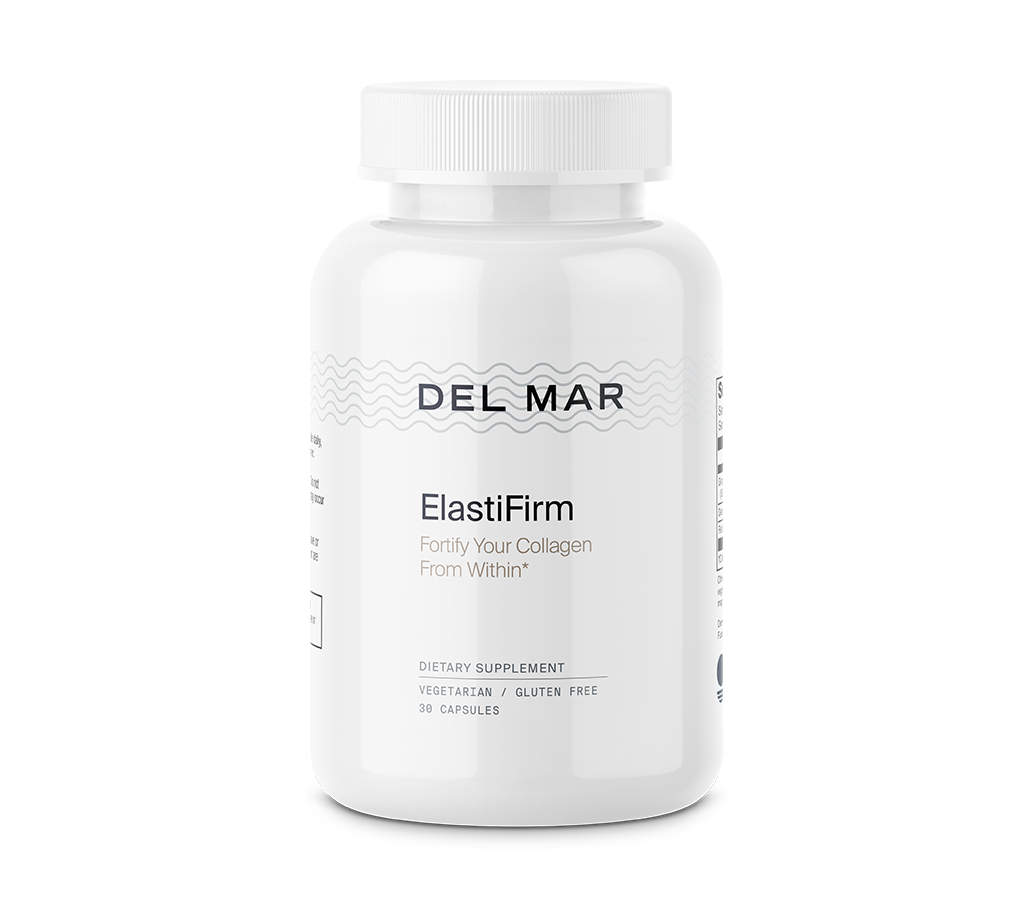Fact: Your skin needs extra support in your 40s, 50s, 60s, and beyond.
Collagen is one of the most effective, powerful, clinically-proven skin-supporting nutrients you can provide your body with.
However, not all collagen products are created equal.
If you want to choose the best possible collagen supplement, you need to know what makes a given collagen supplement great (or not). Which can be boiled down to three things:
- The collagen’s purity
- Whether or not the collagen is hydrolyzed
- The presence (or lack) of ingredients that improve bioavailability
In this health bulletin, you’ll discover how to choose the highest quality, healthiest collagen supplement:

Taking advantage of your desire for radiant beauty, many companies try to turn a quick buck by cutting corners with low-quality, contaminated collagen.
Gross, I know!
Which is why Dr. Chasan urges you to read the label of any product you’re considering so you don’t get fooled into wasting money on ineffective collagen products.
You want to look for collagen that comes from grass-fed, pasture-raised sources. And it shouldn’t have any additional fillers or additives present.
For example, common anti-caking substances and preservatives such as Propylene Glycol, Cocamidopropyl Betaine, and Butyl Stearate can cause acne flare-ups. While the dyes and gelatin in gummy supplements can be hard to digest, leading to gut inflammation and rashes.
Remember: Only the purest form of collagen is worth spending your hard-earned cash on. You might save money with other options, but you won’t be getting what you paid for!

To highlight the importance of hydrolyzed collagen, let me paint you a picture:
Imagine trying to eat a whole banana, orange, and apple all at once—impossible! You can’t fit all that fruit in your mouth at once!
But what if you took those fruits and blended them into a smoothie?
That would make it much easier, right?
That’s the difference between non-hydrolyzed and hydrolyzed collagen.
Collagen in its intact form contains big, structural proteins that are too large for your body to use (like trying to eat whole fruits).
Unlike non-hydrolyzed collagen, hydrolyzed collagen has been broken down into a silky smooth powder that dissolves effortlessly in your gut.
This allows the collagen to work quicker and better—supporting joint health, reducing wrinkles, and making your skin soft, plump, and elastic.

“Bioavailability” refers to how easily (or not) the nutrient being ingested can be absorbed and used by your body.
If you can’t find hydrolyzed collagen (which has excellent bioavailability), your next-best option is Collagen Peptides.
To be effective, intact collagen must first be treated with special enzymes that break the large molecules into shorter amino acid chains called peptides. These peptides are more bioavailable because the shorter chains can be easily absorbed into the bloodstream through your intestinal wall.
Ingesting nutrients like Vitamin C and Zinc along with your collagen can help improve the overall effectiveness too. For instance, Vitamin C stimulates natural collagen production while protecting your existing collagen supply and structure.
Zinc is essential for cellular repair, as well as being another collagen protector. And Zinc deficiency can reduce the amount of collagen your body produces. Therefore getting adequate amounts is important!
So if you’re looking for the most well-rounded collagen supplement out there, look for one that has Vitamin C and Zinc added.
There you have it! The three most important things to look for when shopping for your next collagen supplement.
